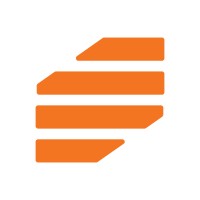Senior DevOps Engineer
- Agiloft
-
Verified
Job Description
Position Overview
As a Senior DevOps Engineer, you will help design, build, and maintain a stable and efficient infrastructure to optimize service delivery cross production throughout the development lifecycle. Additionally, this role will monitor, troubleshoot, maintain, and continuously improve building, packaging and deployment processes. The Senior DevOps Engineer will collaborate within the Cloud Ops team as well as with QA and development to troubleshoot performance issues.
Job Responsibilities
Required Qualifications
Preferred Qualifications




